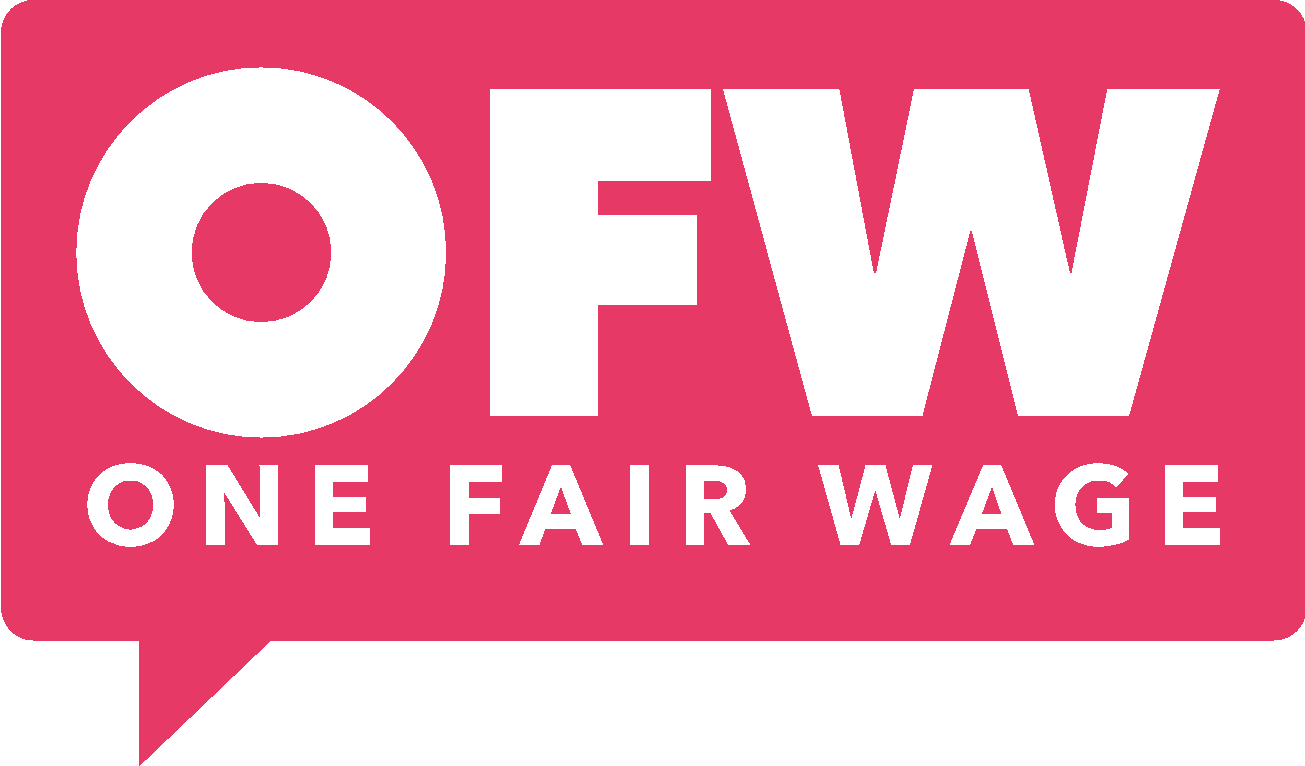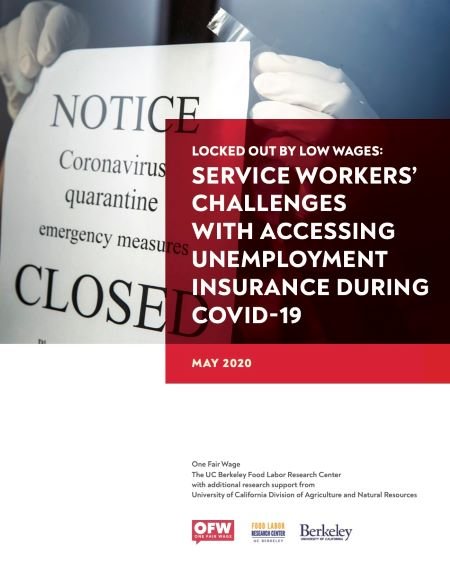Locked Out by Low Wages
Service Workers’ Challenges with Accessing Unemployment Insurance During COVID-19
Before the pandemic, 13 million U.S. restaurant workers and nearly 6 million tipped service workers, including not only restaurant but also nail salon, car wash, airport and parking attendants, tipped gig workers and many others, were disproportionately likely to live in poverty and rely on public assistance. Here we define the ‘service sector’ to include all of these workers, with restaurants comprising the largest share of tipped workers and the sector overall. We estimate that close to 10 million workers in the service sector have lost their job. On top of this we estimate that nearly half of all submitted unemployment claims have not been processed and paid. We have found that for many service workers their inability to access unemployment insurance is particularly acute because they earn too little to qualify for benefits.
For most tipped workers, their low wages can be traced back to the subminimum wage for tipped workers, still only $2.13 at the federal level. Forty-three states continue to allow a tipped subminimum wage, forcing a largely female, and disproportionately people of color population to rely almost entirely on tips. These unconscionably low wages, which already impoverished millions, are now having an impact on people’s ability to access federal and state emergency resources like unemployment insurance. The lack of One Fair Wage, representing a full minimum wage with tips on top, has left millions of service professionals unable to cover their families’ most basic needs. The COVID-19 crisis has revealed, more than ever before, that the slave-era wage practices of the service sector must change.

